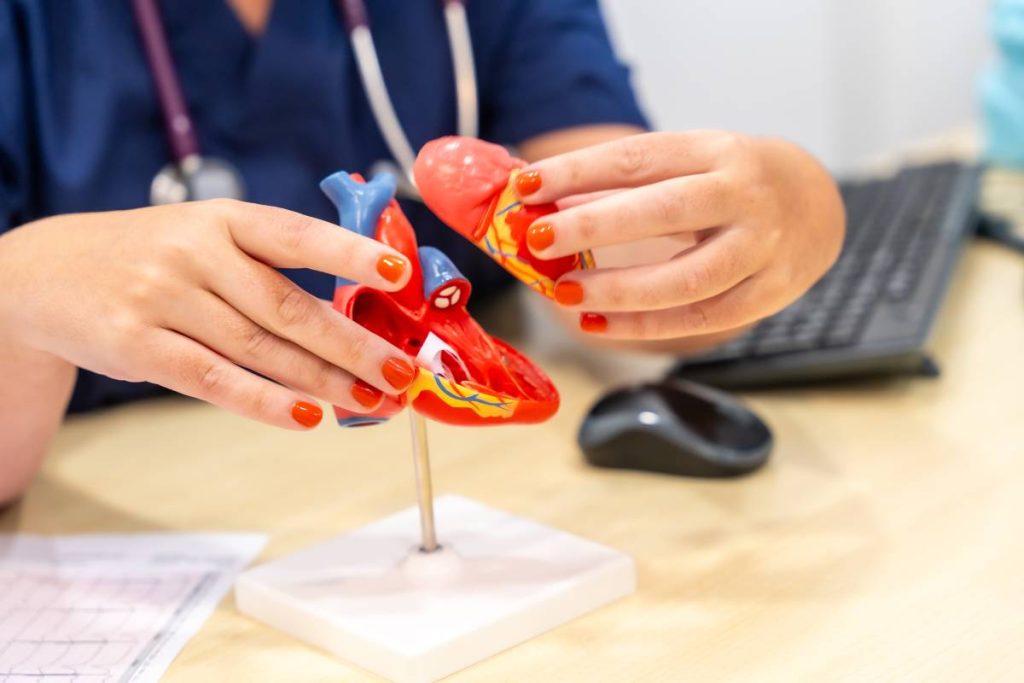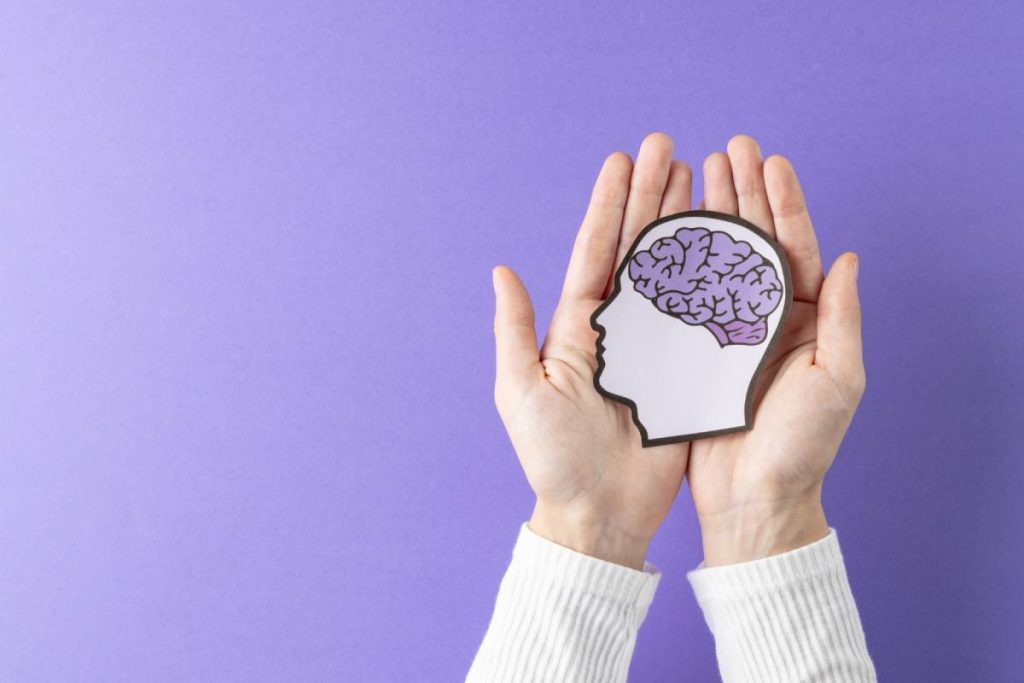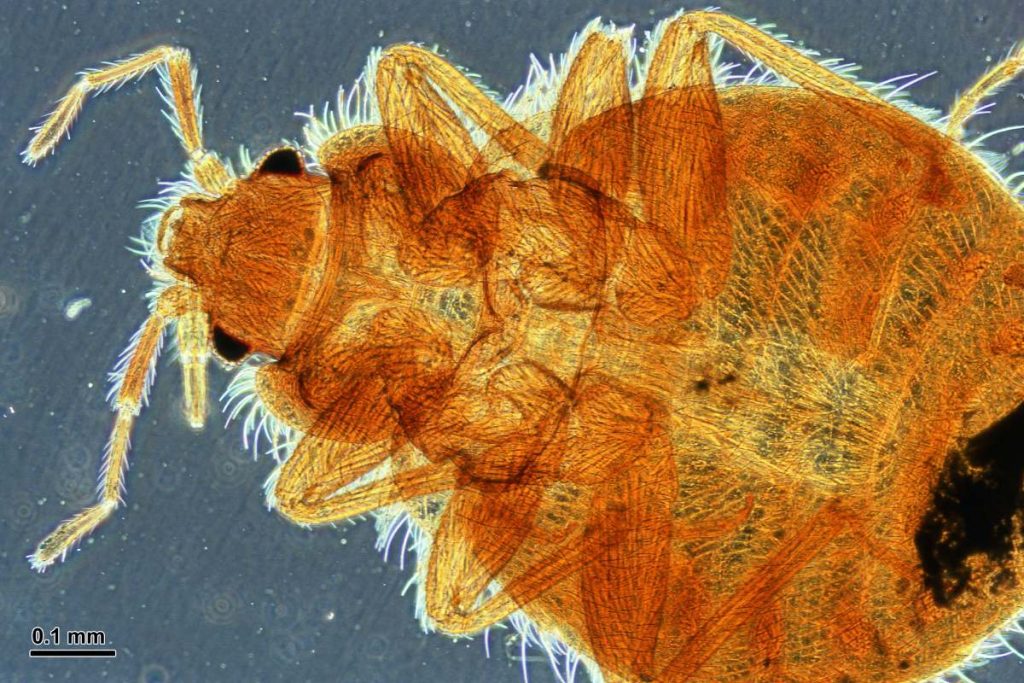Coffee and Women’s Health: Effects on Hormones and Aging

Coffee is more than just a morning ritual for millions of women worldwide it’s a complex brew packed with compounds that may influence health in surprising ways.
From its potential effects on female hormones to its role in aging and overall well-being, coffee has sparked curiosity and debate among scientists and everyday drinkers alike.
But does this beloved beverage really impact hormonal balance? Can it help women age better? And is drinking three cups a day a healthy habit or a cause for concern? This article dives into the latest research to uncover what coffee truly means for women’s health.
How Coffee Interacts with Female Hormones
Coffee contains caffeine a natural stimulant and dozens of biologically active compounds, including antioxidants and polyphenols.
These compounds can interact with the body’s hormonal system in various ways, some of which specifically impact female hormones such as estrogen, progesterone, and cortisol.
1. Estrogen Levels:
Several studies have suggested that caffeine intake can influence estrogen levels in women, although the results are mixed and may depend on genetics and individual metabolism.
For instance, some research indicates that moderate coffee consumption might increase circulating estrogen levels in premenopausal women, while having little or no effect in postmenopausal women.
This could potentially affect menstrual cycles, fertility, or symptoms related to estrogen fluctuations like PMS or menopausal discomfort.
2. Cortisol and Stress Hormones:
Caffeine stimulates the adrenal glands to release cortisol, often called the “stress hormone.” While moderate cortisol spikes are normal and can boost alertness, excessive or chronic elevations may lead to hormonal imbalance, affecting mood, sleep, and metabolic health.
Women who are sensitive to caffeine may experience jitteriness or anxiety if they consume too much coffee, which could disrupt hormonal balance indirectly.
3. Other Hormones:
Coffee may also influence insulin sensitivity and thyroid hormones, although these effects tend to be modest. The overall impact depends on individual health status, lifestyle, and the amount of coffee consumed.
Do Women Who Drink Coffee Age Better?
A growing body of research has examined whether coffee consumption correlates with slower aging or improved health outcomes in women.
Aging is a complex process influenced by genetics, lifestyle, environment, and diet. Coffee’s rich antioxidant content makes it a prime candidate for anti-aging effects.
1. Antioxidants and Cellular Health:
Coffee is loaded with antioxidants such as chlorogenic acids and polyphenols, which help neutralize harmful free radicals in the body.
Free radicals contribute to cellular damage and accelerate aging. By reducing oxidative stress, coffee’s antioxidants may help protect skin, organs, and DNA from premature aging.
2. Cognitive Function and Neuroprotection:
Studies suggest that regular coffee consumption is linked to a reduced risk of neurodegenerative diseases like Alzheimer’s and Parkinson’s.
This protective effect on the brain may contribute to “aging better” cognitively, allowing women to maintain sharper memory and mental agility as they age.
3. Skin Health:
Some research points to coffee’s potential to improve skin elasticity and reduce wrinkles, possibly due to its anti-inflammatory and antioxidant properties.
However, excessive caffeine intake without adequate hydration could potentially dry out the skin, so balance is key.
4. Longevity Studies:
Large population studies have found that moderate coffee drinkers tend to have lower all-cause mortality rates, meaning they may live longer and healthier lives. While these studies don’t prove causation, the association is promising.
Is 3 Cups of Coffee a Day Good for You?
The question of how much coffee is “safe” or beneficial is a common one. Three cups of coffee per day is often cited as a moderate amount, and current research generally supports this level as both safe and potentially beneficial for most adults.
1. Cardiovascular Health:
Contrary to old myths, moderate coffee intake is generally associated with a neutral or slightly positive effect on heart health.
Studies show that drinking up to three to four cups daily may lower the risk of heart disease and stroke, though very high intake could increase heart rate or cause palpitations in sensitive individuals.
2. Metabolic and Diabetes Risk:
Regular coffee consumption has been linked to a reduced risk of type 2 diabetes. The antioxidants and bioactive compounds in coffee may improve insulin sensitivity and glucose metabolism.
3. Mental Health and Alertness:
Three cups of coffee can improve alertness, mood, and cognitive performance without the jitteriness often associated with higher doses. It also may help reduce the risk of depression in women.
4. Potential Downsides:
Too much caffeine can cause insomnia, anxiety, digestive issues, or increased blood pressure in some people.
Pregnant women are advised to limit caffeine intake, often to less than 200 mg per day (about 1-2 cups of coffee), due to potential risks to the fetus.
Preventing Diabetes
Numerous studies suggest that long-term coffee consumption both caffeinated and decaffeinated, can lower the risk of developing type 2 diabetes.
The chlorogenic acids in coffee help regulate blood sugar levels and reduce inflammation, both of which play a key role in diabetes prevention.
Including coffee as part of a healthy diet may serve as a simple, supportive strategy for metabolic health.
Practical Tips for Women Who Drink Coffee
- Listen to Your Body: If you experience anxiety, insomnia, or hormonal symptoms like irregular periods, consider reducing caffeine.
- Choose Quality Coffee: Organic and freshly ground coffee may have higher antioxidant levels and fewer contaminants.
- Balance With Hydration: Coffee is mildly diuretic, so drink plenty of water to stay hydrated.
- Be Mindful During Pregnancy: Follow medical advice on caffeine limits if pregnant or breastfeeding.
- Pair Coffee With a Healthy Lifestyle: Coffee alone isn’t a magic bullet—combine it with good nutrition, exercise, and stress management for best results.
Conclusion
Coffee’s relationship with female hormones is complex but generally benign for most women when consumed in moderation.
Research suggests that women who enjoy coffee regularly may benefit from its antioxidant properties and cognitive protection, potentially supporting healthier aging. Drinking about three cups a day is widely considered safe and can be part of a balanced lifestyle.
However, individual differences in sensitivity and health conditions mean that coffee consumption should be tailored to each person’s needs. If you have hormonal imbalances or other health concerns, consulting a healthcare professional is always a good idea.
Ultimately, coffee remains not just a beloved beverage but a fascinating example of how everyday choices impact our long-term health and well-being.

 English
English 













































































